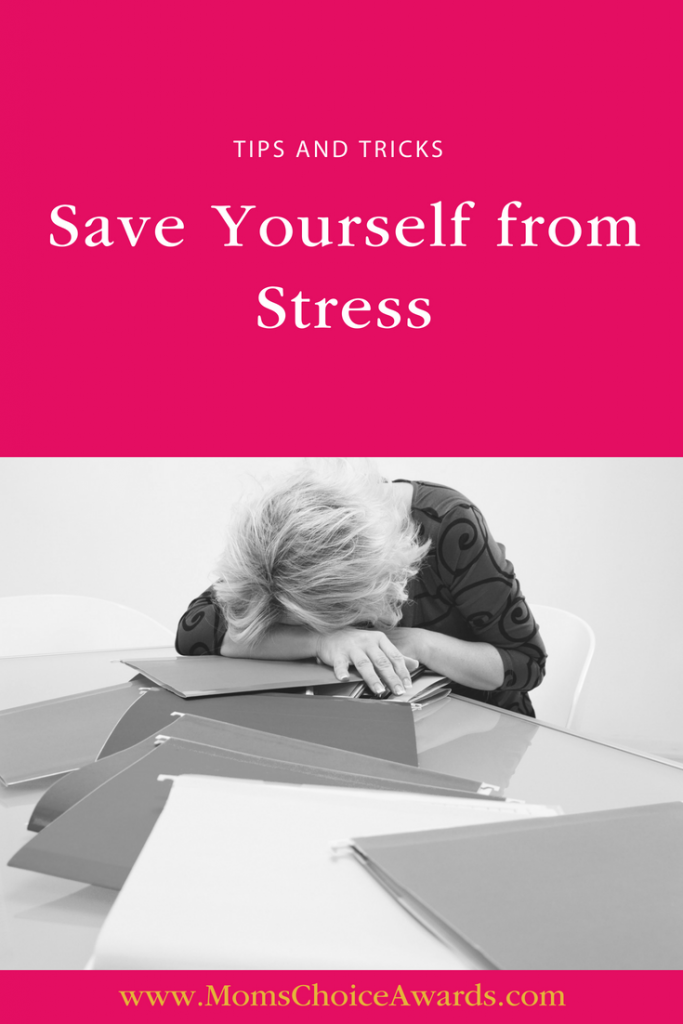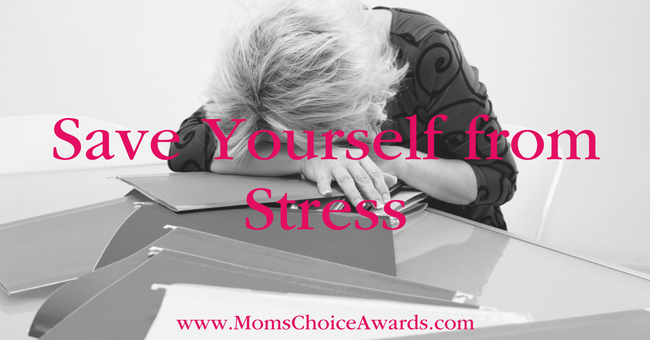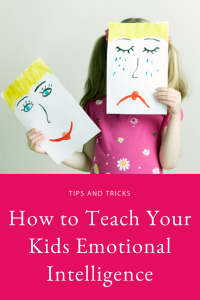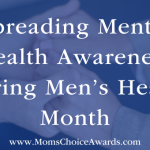 Patricia P. Gage, Ph.D
Patricia P. Gage, Ph.D
School & Consulting Psychologist
Twitter | Facebook
Stress can have a significant cognitive impact on the individual. Mild stress tends to improve cognitive performance, focusing your attention to the task on hand, and can provide the knee-jerk response of getting away from dangerous situations to keep us safe. However, when stress becomes chronic it can damage the brain and impair memory. When faced with a serious stressor, the brain triggers the adrenal glands to release powerful stress hormones such as cortisol and adrenaline. Repeated or long-term exposure to such hormones can be toxic to nerve cells in the hippocampus. While none of us can expect to do away with stress entirely in our lives, we can learn to manage it and live a more balanced life. Stress management starts with identifying sources of stress in your life by looking at your approach style with your daily tasks, excuses, attitude, perceptions and thoughts of a particular situation or event, your schedule, your environment and the way you deal with problems. There are a number of well-tested strategies for de-stressing, try some of these, and share with us some of your own tips.
-
Practice the essence of “mindfulness”

Notice what is happening as it is taking place and become more aware, spend more time in the now, bring your attention to the experience moment-to-moment noticing of what you’re thinking and feeling. The goal is to quiet the mind.
-
Manage your time better
Prepare and plan ahead, anticipate challenges with work and family. Get use to asking for help and delegating responsibility, and set attainable deadlines. Prioritize your to do list with A’s B’s & C’s according to importance, group like tasks together, e.g. computer work, errands with the car, state time limits in advance, e.g. “I have five minutes to talk”.
-
Resist over committing
Learn to say “no” to new requests, so you can devote time to activities you’re already committed to, rather than trying to squeeze more into your day. At a certain point, you cross the line between being charitable and being foolish. Those around you will appreciate more time with a relaxed you. And you will have time to enjoy them, too.
-
Banish negative thoughts
If you find yourself thinking, “This can’t be done” use thought stoppage, refocus and think instead, “This will be tough, but we can make it work”. A positive spin on negative thoughts and negative self-statements can help you work through stressful situations. Create a mantra, a saying such as, “ I can handle this”.
-
Get active
Physical activity pumps up your feel-good endorphins, benefits the mind and body, provides a constructive outlet for anxiety and tension and can be an excellent source of “focused distraction”.
-
Eat smart & Sleep well
Follow a diet rich in fruits, vegetables, whole grains, complex carbs, legumes and nuts, take omega-3 oils daily, help the brain grow/recover and reduce inflammation. For most adults 7-8 hrs of sleep is essential to performing at your best. It has also been shown that sleep is necessary to consolidate what you learn into long-term memory.
-
Set goals
What do you want to accomplish today? This week? PRIORITIZE Rank order your goals to reduce stress about “having to do everything”.
-
Schedule your day
Write it down in small increments and when each item is done, no matter how small, cross it off and feel the reward/relief. Include in your daily schedule 30 minutes of something you enjoy.
-
Avoid multitasking
It may surprise you to learn that multitasking is not the most efficient use of brainpower. Recent studies showed that multitasking has a cost in terms of efficiency, learning, and neural activity devoted to each task. A study at Vanderbilt University suggests that the brain’s executive control center in the frontal lobes is incapable of processing two decision-making operations at once, effectively creating a bottleneck in information processing that delays the execution of the second task until the first one is complete. Another study at the University of California, LA in 2006, showed that learning a task with distractions tends to create a less robust memory of the task, reducing a person’s subsequent knowledge when questioned about the task at a later time.
-
Express gratitude
Gratitude is more than saying thank you. It’s a sense of wonder, appreciation and thankfulness for life. Don’t wait for a serious illness to appreciate the good things in your life. Make a commitment to practice gratitude everyday. Dr. Marty Seligman suggests maintaining a Gratitude Diary and making a Gratitude Visit. He suggests that you think of someone whom you should thank for being helpful and kind to you. Handwrite a letter to that person, a tribute, of your thoughts and recollections, frame it or laminate it and ask for a time that you can bring it to that person. On your visit, sit down, read it to them and when you leave give it to them. It proves to be a powerfully positive experience for both individuals.
-
Cultivate optimism and contentment
What determines happiness is the sum of your personality, your thoughts and behavior. Your happiness is the sum of the choices you make. Develop the habit of seeing the positive side of things. Don’t let the negative color your whole outlook on life. Start by recognizing negative thoughts as you have them, ask yourself, “is there another way to look at the situation?“ Remember your brain doesn’t care what you think, if you’re happy or miserable. Your thinking dictates your brain. Think of your brain as your humble servant. What do you want your brain to tell the rest of your body to do? Avoid irrational thinking; ask yourself “Is my thinking based on fact?” “Does my thinking help me achieve my goals?” Avoid confusing needs with wants, thinking that you need something when in fact you only “want” it. Avoid overgeneralizations, all or none thinking where you see no middle ground, and jumping to conclusions without knowing the facts. Most of all avoid being around negative people.
-
Find your purpose
Strive to fulfill a mission or meet a goal. Having a goal provides a sense of purpose, bolsters self-esteem and brings people together. It doesn’t matter what the goal is as long as it’s meaningful to you. If your not engaged in something you love ask yourself “What excites and engages me?” What are my proudest achievements?
-
Assert yourself
For situations or problems you can’t overlook or avoid, try to change the situation for the better. Assertively and respectfully ask others to change their behavior, and be willing to do the same. Communicate feelings openly, use “I statements” …”I feel frustrated by shorter deadlines and heavier workload, is there something we can do to balance things out?”
-
Adapt
The belief and perception that you can’t cope can actually be your biggest stressor. Adapting means changing your standards or expectations. Redefine success and perfection and you may operate with a little less guilt and frustration.
-
Regain or let go of control
Navigating the demands of your work and daily lives may leave you feeling unsuccessful in either. Taking action to regain control or choosing to let go of control is a good first step. Taking a hard look at what’s going on in your lives, assessing where you can give up control, and deciding how much you need to have control, in any particular area, is also helpful. You then can prioritize, you can choose to change the situation that is leaving you feeling out of control or accept that there are some things in life we simply have no control over.
-
Meditate
Meditation instills a sense of calm, peace and balance that benefits your emotional well-being and your overall health. Guided meditation, guided imagery, visualization, listening or playing music, progressive relaxation and controlled breathing techniques can be practiced anywhere at any time, whether you’re out for a walk, at your desk or taking a break. Believe it or not laughter can help you relax. When you start to laugh, it lightens your mental load and actually causes positive physical changes in your body. Laughter fires up and then cools down your stress response and increases your heart rate and blood pressure, producing a good, relaxed feeling. Read some jokes, tell some jokes, watch a comedy or hang out with a friend that has a good sense of humor. (Refer to your handouts for controlled breathing instructions, scenes for use of imagery & progressive relaxation techniques)
-
Connect
When you’re stressed you tend to want to isolate yourself. Instead, reach out to family and friends and make social connections. Social contact is a good stress reliever because it can distract you, provide support, help you get through a difficult time and make you feel good by doing good. Take a coffee break with a friend, e-mail a relative, volunteer for a charitable group, join a club or visit your house of worship. Connectedness with others also keeps your brain more active and sharp.
REMEMBER, until you become more aware of the role you play in creating or maintaining it, your stress level will remain outside your control.Keep a journal and look for patterns and common themes, think of what could have caused your stress, make a note of how you felt, both physically and emotionally, how you acted in response, and what you did to make yourself feel better. Think of what you want to do more of or do less of, emotionally feel more or emotionally feel less of, physically feel more or physically feel less and then make it happen. Make a list of your strengths and the things that bring you joy in life such as children, vacations, pets, visiting a special place, then call on that list when you’re stressed. It will put things into perspective and serve as a reminder of life’s joys. Most importantly, ask yourself who in your life will be the happiest to see you feeling happy and living a balanced life.

About Dr. Gage
Dr. Patricia Gage has a PhD in Child/School Psychology, and a master’s degree in school psychological services from New York University. She received her bachelor’s in Elementary Education and Psychology from Hunter College. She has been a practicing school psychologist for thirty years and is the cofounder of a second company, Hang In There, LLC, which writes and produces a series of mini books with parenting tips for new parents. She is a member of the National Association of School Psychologists and the American Psychological Association. She has been instrumental in developing a number of local programs for children with disabilities, including the Mainstream Instructional & Behavioral Consultation Program for the Martin County School District, Weebiscus for Hibiscus Children’s Center, and the Academic Center at The Pine School. She is also the founder of Women In Philanthropy, a women’s philanthropic circle that helps to start programs in the community that promote wellness for women and children. She was selected Rotarian of the Year 2002-2003 and 2009-2010, and was the Martin County Women of Distinction for 2003 for the business/Professional category chosen by Soroptimist International. Find her at www.hangnthere.com
View all posts by Dr. Gage here.







One Comment on “Save Yourself from Stress”
This is a great post,stress is just horrible.